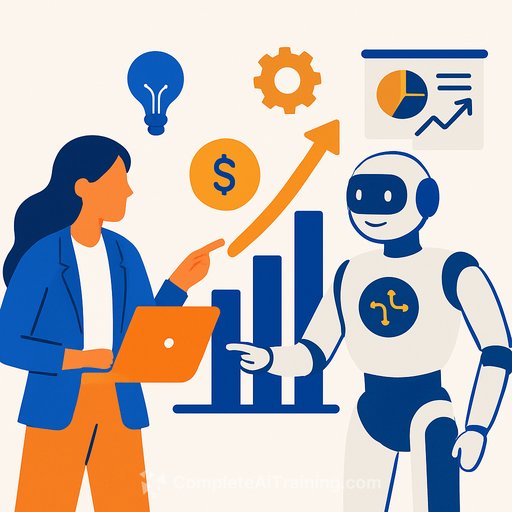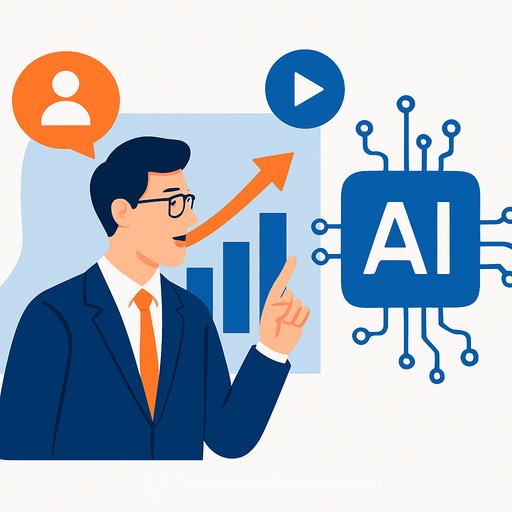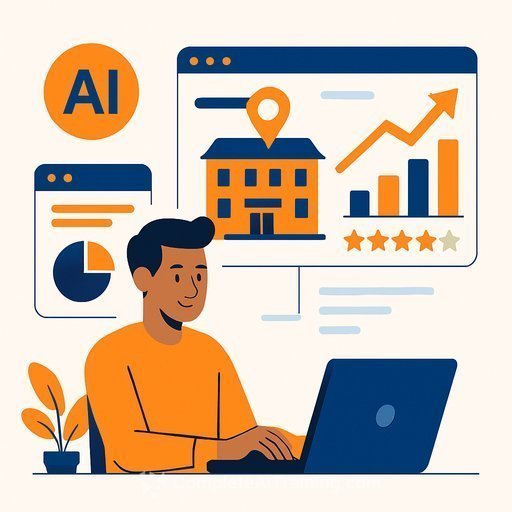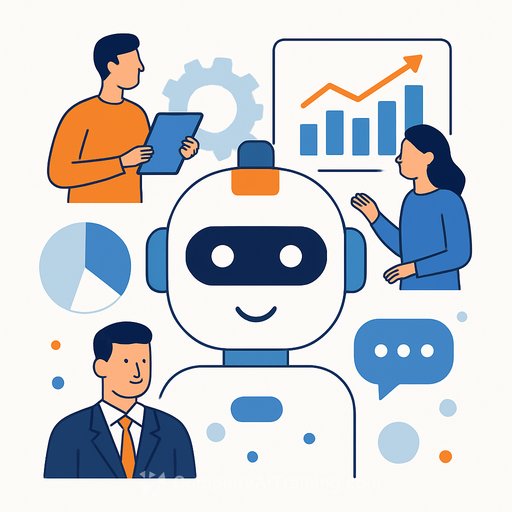How AI Speeds Up Your Go-to-Market Process — And How to Use It Right
AI is changing how companies bring products and services to market. But to get the most from AI, you need clear goals, unified data, and teams that know how to work with it.
Key Takeaways
- Connect AI efforts to your overall business strategy to boost results.
- Centralize and integrate your data so AI can deliver meaningful insights.
- Encourage your team to see AI as a partner that enhances their work.
Many companies use AI to automate tasks, personalize content, or spot patterns. These uses save time and money. But applying AI in isolated pockets limits its impact. The real advantage comes when AI supports a clear, strategic goal.
For example, some companies use AI to identify ideal customers, fine-tune messaging, and track campaign performance in real time. But none of this works without good data. Bringing all your data into one accessible platform makes AI far more useful and your insights more actionable.
1. Define Clear Goals for AI
AI can research, analyze, and forecast, but it needs clear direction. Are you launching a new product? Entering a new market? Define what success looks like at 6 or 12 months and how you’ll measure progress.
When your team understands the bigger picture, AI can better support their work. It can help pinpoint customer needs, sharpen your ideal customer profile (ICP), tailor messages, suggest campaign timing and channels, and optimize based on performance.
Clear objectives also help you avoid using AI just for the sake of it. Instead, AI becomes a tool that frees your team from repetitive tasks and provides real insights that speed decision-making.
2. Break Down Data Silos
AI depends on data, but many organizations struggle because their data is scattered across multiple systems — marketing platforms, CRMs, spreadsheets, and more. When data is fragmented, AI can’t connect the dots.
Centralizing your data gives AI a complete view of your business — from customer behavior to sales and operations. This enables faster, smarter analysis and real-time insights.
For instance, what might take your team half an hour to analyze across three tools can be done in minutes with integrated data. This quick turnaround lets AI spot trends and make recommendations that your team can act on right away.
3. Make AI Your Team’s Collaborator
The true value of AI comes when your team uses its insights. Yet many employees hesitate to adopt AI due to fear, lack of trust, or insufficient training.
AI isn’t here to replace people. It’s here to amplify their strengths — uncovering opportunities, guiding decisions, and handling routine work so your team can focus on strategy.
Employees need to understand and trust AI outputs. That means creating a culture where experimentation with AI is encouraged and where AI is seen as a partner, not a threat.
Timing, targeting, and iteration are critical in marketing. AI can enhance every step if it’s integrated into daily workflows and team thinking.
By setting clear goals, centralizing data, and empowering your team, you can make AI an effective part of your go-to-market strategy — and see tangible results.
For marketers looking to boost their AI skills, exploring specialized AI marketing courses can be a smart move.
Your membership also unlocks:






